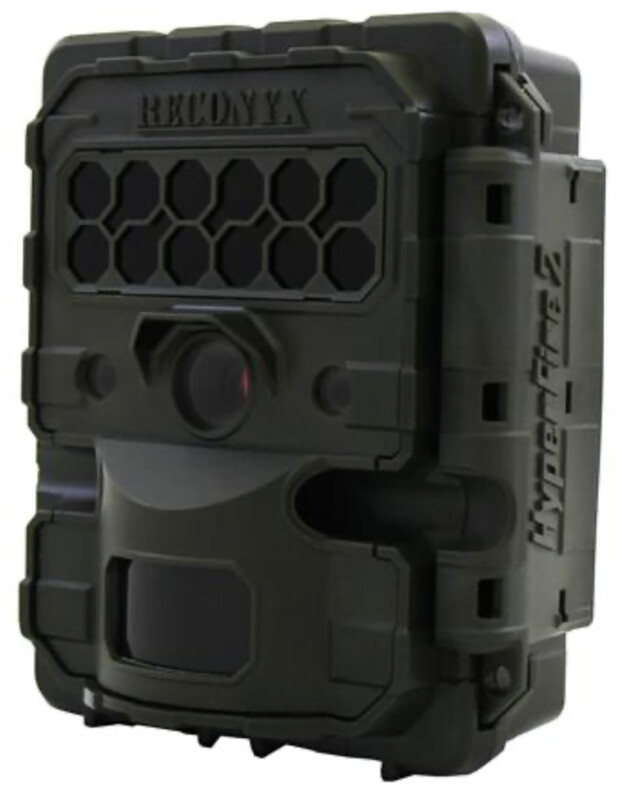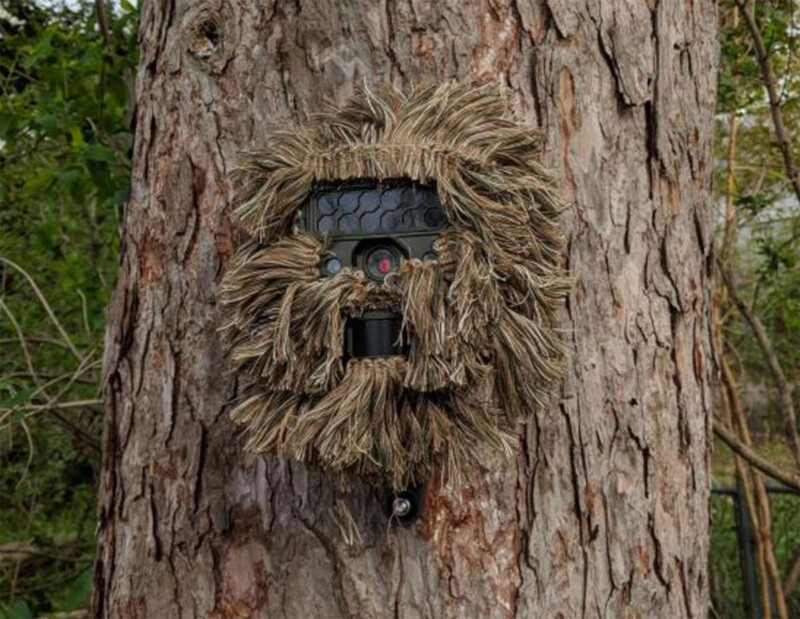NH Lets Anyone Mount Game Cameras on Private Land Without Permission
![]()
Under current New Hampshire law, hunters can enter private property and mount game cameras — camera traps designed to track prey for the purposes of hunting — without permission from the landowner. Pending legislation, New Hampshire Senate Bill 14, aims to change that.
If a New Hampshire property owner doesn’t specifically post their property to forbid hunting, hunters can enter the property to place hunting aids, including blinds and game cameras, so long as the hunter doesn’t damage property or trees.
Understandably, this upsets some property owners, as they feel that game cameras represent an invasion of privacy. New Hampshire law does prohibit game cameras from being pointed at a private place, such as through the windows of a residence, or from being used to record private conversations. However, that does little to quell the concerns of some.

Senate Bill 14, which was passed by the New Hampshire State Senate and will be up for a vote in the House later this week, would require a person to receive written permission from a landowner before mounting a game camera. The law would also require the camera to have the owner’s name and contact information visible on the device.
As The Keene Sentinel in New Hampshire reports, the state’s Fish and Game Colonel Kevin Jordan testified earlier this year that game cameras are the number one complaint he receives.
“People are appalled that these things can be allowed on their properties without anybody asking permission,” he says.

A similar bill failed in New Hampshire’s state legislature last year, and it’s unclear if this new bill will face a similar fate. While the House Fish and Game and Marine Resources Committee recommended passing the bill by a 10-9 vote last week, the bill has numerous detractors.
Representative James Spillane, a Republican from Deerfield, New Hampshire, claims that the bill is “infringing on the historical rights of hunters, hikers, and nature watchers.” He continues, “This bill creates a far-reaching policy change across the state that impacts thousands of people who participate in outdoor activities on unposted private land.”
Spillane and others like him believe the bill violates the state’s philosophy behind open land-use policies. New Hampshire landowners who keep their land available for recreational users receive a property tax discount — New Hampshire’s lack of state sales tax results in higher-than-average property taxes.
Rep. Cathryn Harvey, D-Spofford, a House committee member, supports the bill for a similar reason as Spillane decries it. She argues that without this bill, landowners will be more likely to close their land to hunting entirely out of fear of privacy violations and that, in turn, could damage the longstanding historical rights of hunters, hikers, and nature watchers in New Hampshire.
Harvey adds that she believes game cameras may also violate ethical hunting principles. “Is it a fair chase if you’re watching the habits of animals instead of tracking them? It’s a slippery slope. Now we have cameras, but what about drones? Is that the next step?” Harvey asks.
Hunting ethics aside, John Caveney of Spofford, New Hampshire, N.H. Fish and Game commissioner for Cheshire County says many landowners have told him that game cameras violate their privacy. One large landowner told Caveney that their children hike and picnic on their land, and the landowner is worried someone might have a game camera on the property that can photograph the kids.
![]()
Under current law, landowners could prevent someone from installing game cameras by posting their land. However, for large landowners, that’s a reasonably high bar to clear. It’s interesting that the onus is on the landowner, not the purported trespasser, to prevent unwanted incursion onto private land.
Further, current law is behind the times because it rarely mentions game cameras. According to the Concord Monitor, who wrote about the legislation that ultimately failed last year, New Hampshire’s Fish and Game Department has a rule concerning live transmission from a game camera to a cell phone or other device. Hunters cannot use an active camera to locate and shoot an animal on the same calendar day. This means that hunters cannot use technology to monitor animals and pop out into the woods with firearms.
New Hampshire’s current regulations surrounding game camera usage, as limited as they are, preserve “fair chase” hunting. The “fair chase” approach means that animals roam freely and hunters don’t possess an “extremely unnatural advantage,” per Concord Monitor.
What counts as an “unnatural advantage” is understandably challenging to nail down. Some would argue that firearms qualify as an unnatural advantage, while others may claim that a hypothetical deer-tracking drone would be acceptable. Where people fall on the issue correlates heavily to how people feel about hunting in general.
The ongoing legal situation surrounding using game cameras in New Hampshire is complex. The issue has many angles, ranging from privacy and hunting ethics to preserving an existing way of life. It’s also worth considering how affordable game cameras are and how easily they can be set up alongside mobile devices.
There’s no doubt that a growing conflict exists between hunters and landowners in New Hampshire that is heavily connected to the increasing accessibility and performance of game and trail camera technology, but how best to deal with it remains an open question.
Image credits: Coleman XtremeTrail